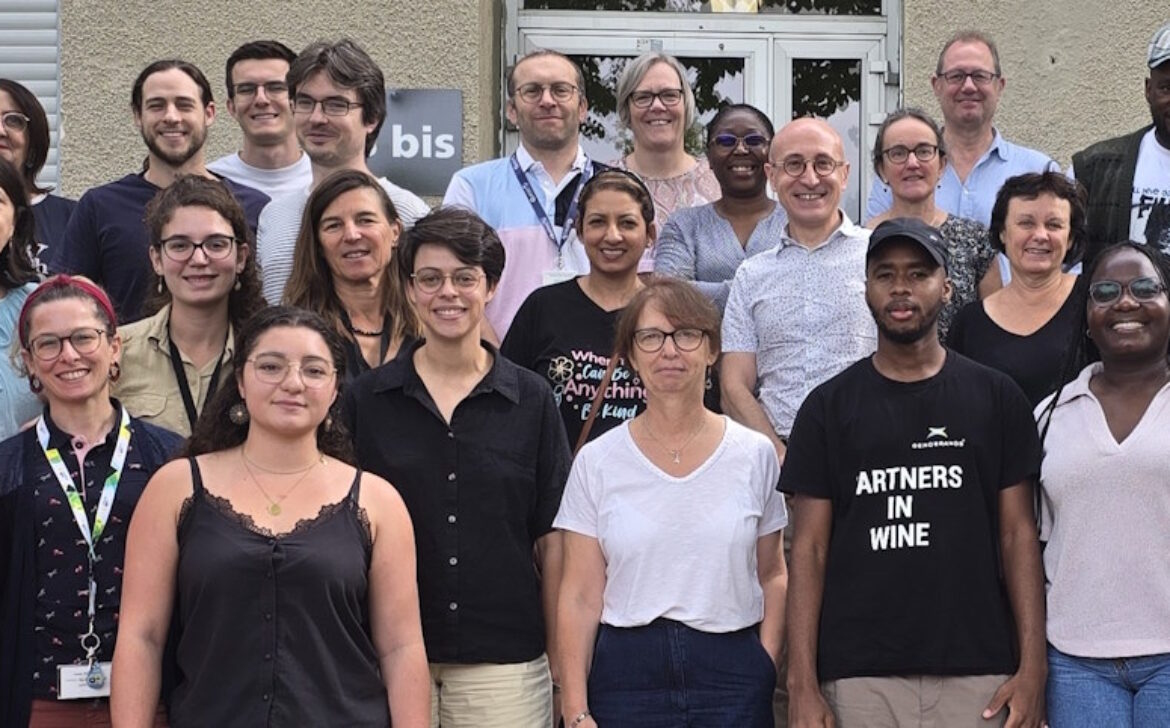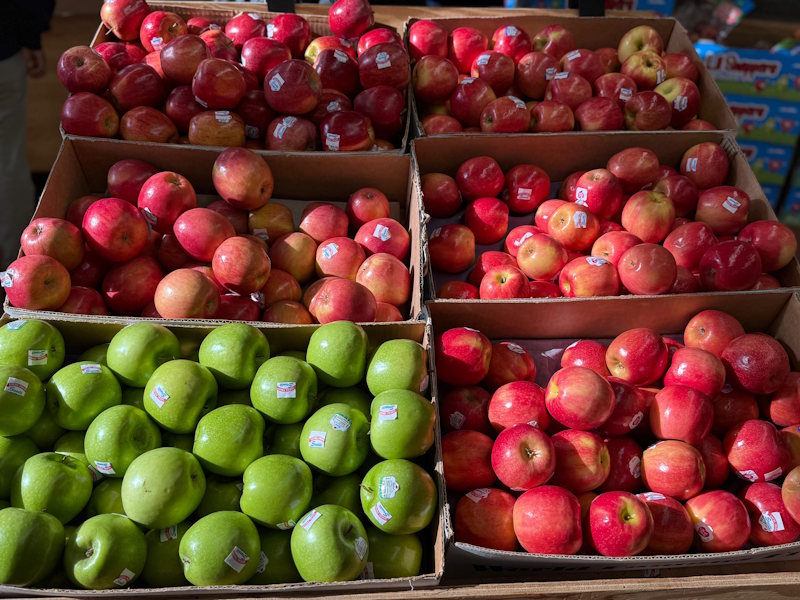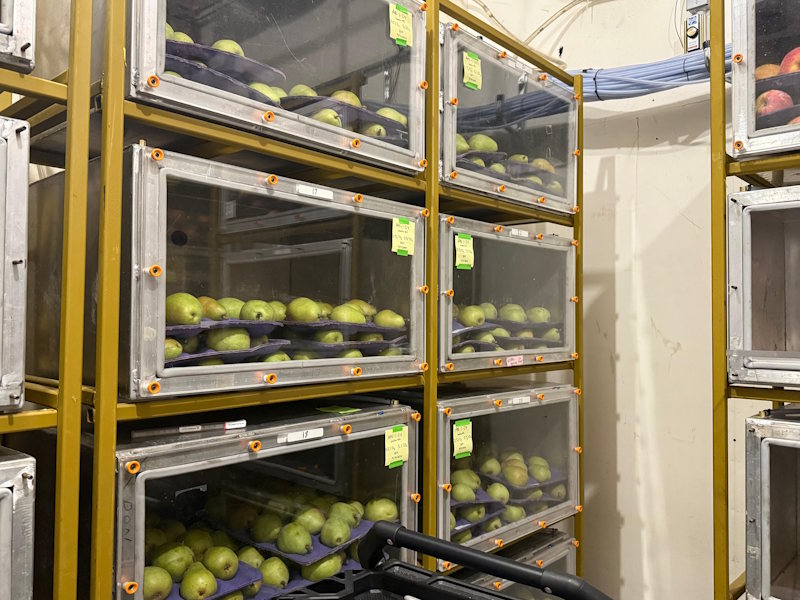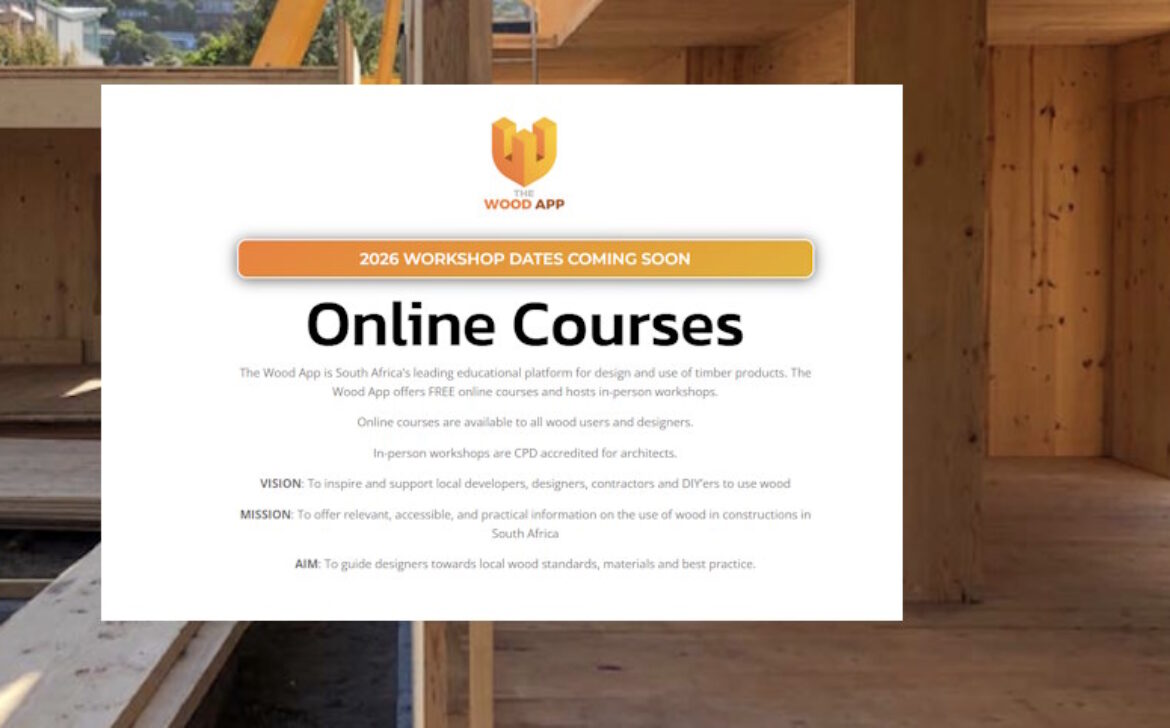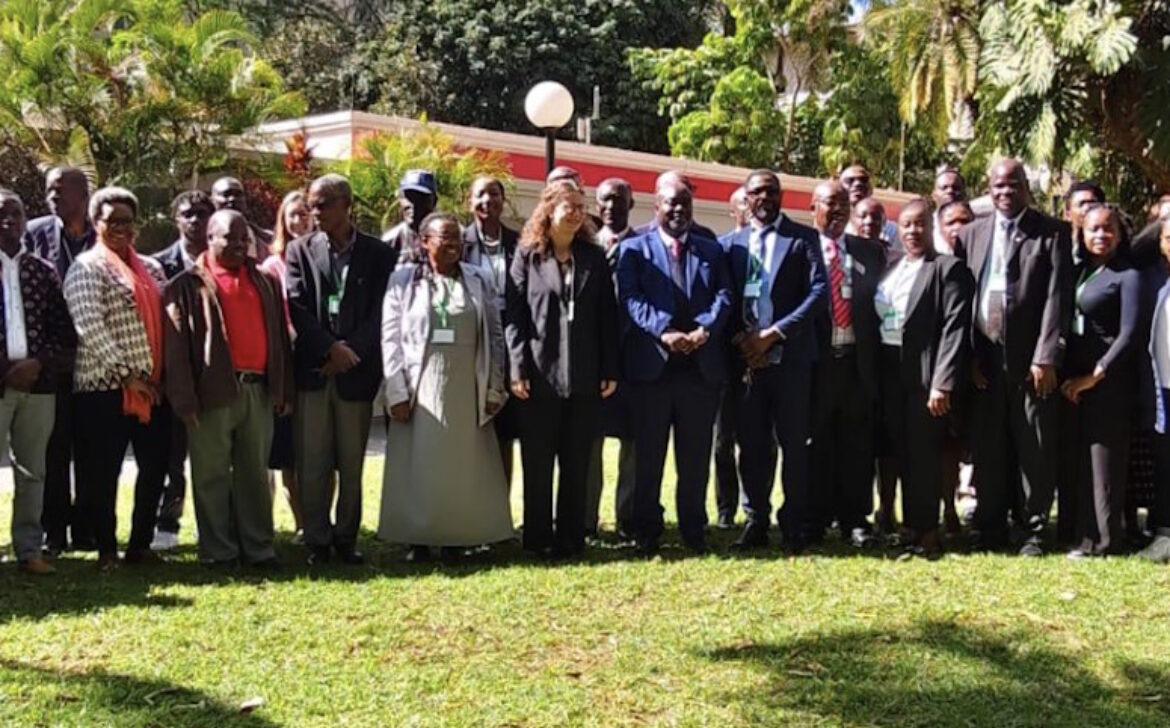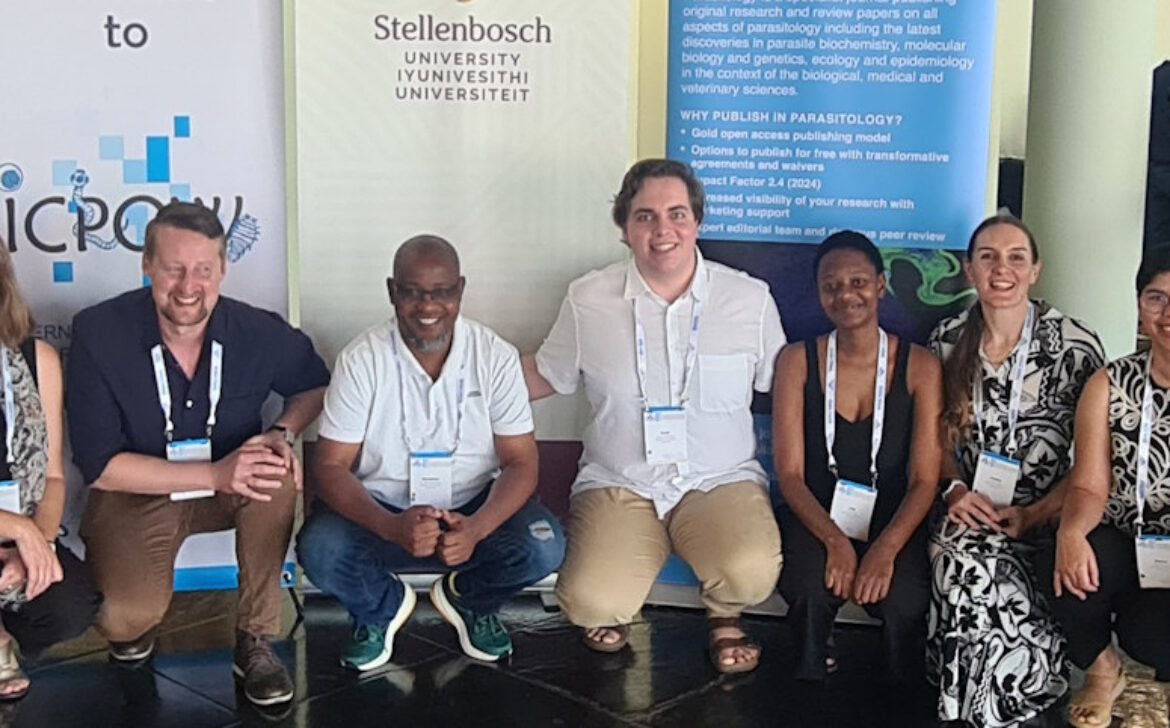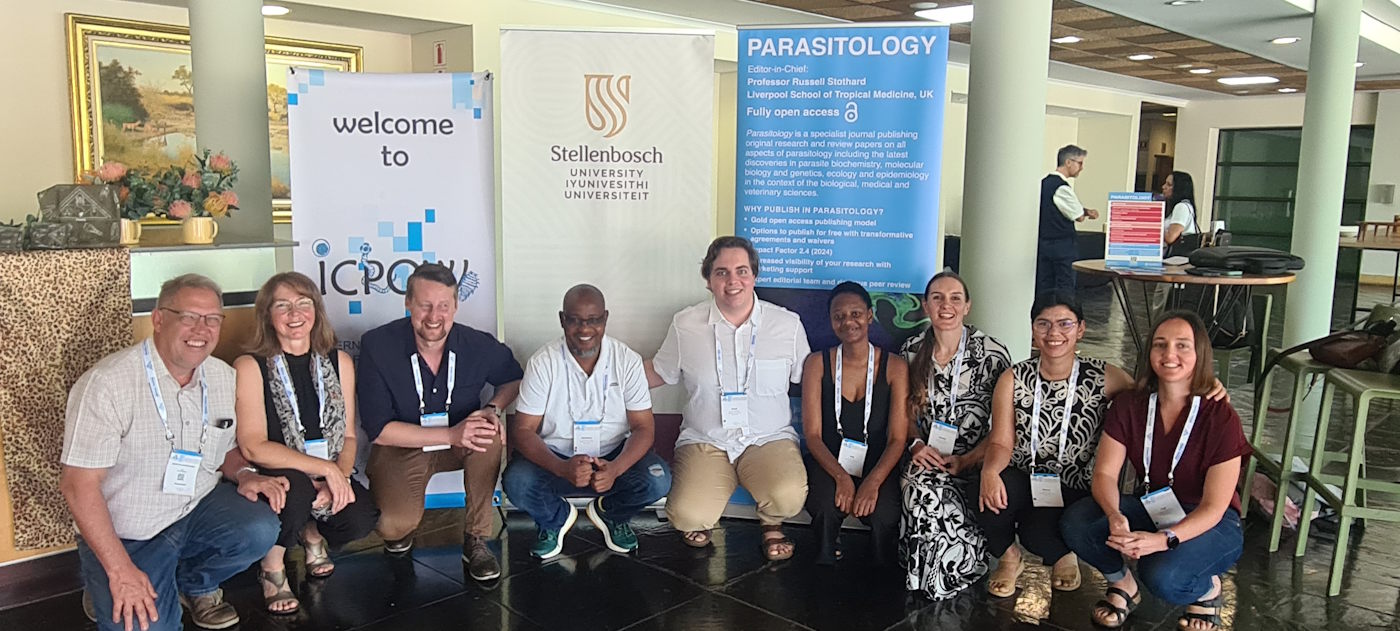MICROWISE Internasionale Geassosieerde Laboratorium: navorsingspanne van die Universiteit Stellenbosch en die INRAE van Montpellier, Frankryk, span kragte saam om die uitdagings van die wynbedryf aan te spreek.
Die Internasionale Geassosieerde Laboratorium “Mikroorganismes vir innoverende veerkragtigheid teen klimaatsverandering en volhoubaarheid van wynmaak” (MICROWISE) bring twee navorsingseenhede bymekaar: die gesamentlike navorsingseenheid Wetenskappe vir Wynkunde (Sciences pour l’œnologie, SPO) in Montpellier, Frankryk, en die Suid-Afrikaanse Wingerd- en Wynnavorsingsinstituut (SAWWNI) aan die Universiteit Stellenbosch. SPO funksioneer onder drie akademiese owerhede: die Nasionale Navorsingsinstituut vir Landbou, Voedsel en die Omgewing (INRAE) van Montpellier, die Universiteit van Montpellier en die Instituut “Agro Montpellier”. MICROWISE bou voort op ‘n lang geskiedenis van samewerking, wat sedert 2015 gegroei het en tot stand gekom het deur gesamentlike wetenskaplike publikasies, ‘n gesamentlike PhD-projek en talle navorsing mobiliteit geleenthede vir studente en navorsers.
Die twee navorsingseenhede kon hierdie projek ontwikkel om hul samewerking te versterk deur hul gemeenskaplike navorsingsbelangstellings en hul unieke eienskappe soos hul ligging in twee hemisfere en hul wetenskaplike kundigheid te benut. Die wynbedryf is ‘n dinamiese sektor wat tans talle uitdagings moet navigeer. Dit sluit in die ontwikkeling van produksieprosesse wat (1) veerkragtig is teen klimaatsverandering (wat die samestelling van grondstowwe verander), (2) volhoubaar en winsgewend is, en (3) omgewingsvriendelik is (deur chemiese insette te verminder). Dit is ook belangrik om die veranderinge in wynverbruikerspatrone in ag te neem, en te beweeg na kwaliteitsprodukte met ‘n sterk karakter en uniekheid. MICROWISE poog om die biodiversiteit van wynmikroörganismes te ondersoek en aangepaste biologiese oplossings te ontwerp om hierdie uitdagings aan te spreek, wat weer sal bydra tot die sektor se verbintenis tot landbou-ekologiese oorgang.
Hierdie projek sluit drie hoofbenaderings in:
– ‘n Ekologiese benadering waarvan die doelwitte is om die natuurlike biodiversiteit van mikrobiese gemeenskappe wat met wyn geassosieer word, tussen Frankryk en Suid-Afrika te vergelyk, die interaksies tussen mikroörganismes te verstaan, en die omgewingsfaktore wat betrokke is by mikrobiese populasie dinamika te identifiseer, wat spesies en stamme bevoordeel wat ‘n positiewe impak het en die sensoriese eienskappe en styl van wyn diversifiseer.
– ‘n Fisiologiese benadering waarvan die doelwitte is om die fisiologiese eienskappe van nie-Saccharomyces giste te bestudeer en hierdie diversiteit te gebruik om nuwe gemengde aanvangskulture te ontwikkel wat aangepas is vir die variasies in druiwesap samestelling wat deur klimaatsverandering veroorsaak word, en om wyne te produseer wat aan verbruikersvraag voldoen en toegang tot nuwe markte kan bewerkstellig.
– ‘n Biochemiese benadering waarvan die doelwitte is om die diversiteit van mannoproteïene en ander selwandkomponente tussen gisspesies en -stamme te karakteriseer, die verwantskappe tussen die chemiese struktuur en funksie van hierdie komponente te ontrafel en hierdie kennis te gebruik om wynsteensuur-, kolloïdale- en proteïenonstabiliteite in wyn te voorkom en die sensoriese persepsie van wyn te moduleer.
MICROWISE sal ‘n raamwerk bied vir hoëvlak-wetenskaplike samewerking oor projekte wat daarop gemik is om mikrobiese diversiteit te benut vir ‘n meer volhoubare en klimaats veranderende wynbedryf. Benewens die voordele vir die bedryf, sal hierdie inisiatief die navorsingspanne van beide akademiese eenhede ondersteun deur die uitruil van kundigheid en nagraadse studente-opleiding te fasiliteer, en deur mobiliteitsgeleenthede te bied.
Die MICROWISE-afskopvergadering het op 8 en 9 September 2025 in Montpellier plaasgevind en is bygewoon deur ‘n groep akademici, na-doktorale genote en nagraadse studente van beide instellings. Tydens die openingsessie het HE Mnr. David Martinon, ambassadeur van Frankryk in Suid-Afrika, die belangrikheid van hierdie wetenskaplike samewerking beklemtoon om die uitdagings van die globale wynbedryf aan te spreek en die toekomstige werk alle sukses toegewens. Prof. Kennedy Dzama, Vise-dekaan: navorsing, nagraadse studies en innovasie van die Fakulteit AgriWetenskappe aan die Universiteit Stellenbosch, en Dr. Christophe Chassard, hoof van die afdeling Mikrobiologie en Voedselketting by die INRAE, het ook hul beste wense vir die samewerking uitgespreek.
Dwarsdeur die vergadering het wetenskaplike aanbiedings en werkswinkels navorsers in staat gestel om areas van gemeenskaplike belang te identifiseer en ooreenkomste te verken. Besprekings het gefokus op toekomstige navorsingsprojekte en befondsingsvoorstelle wat gesamentlik ontwikkel moet word. Hierdie vergadering was besonder produktief en het die toewyding van alle belanghebbendes gedemonstreer.
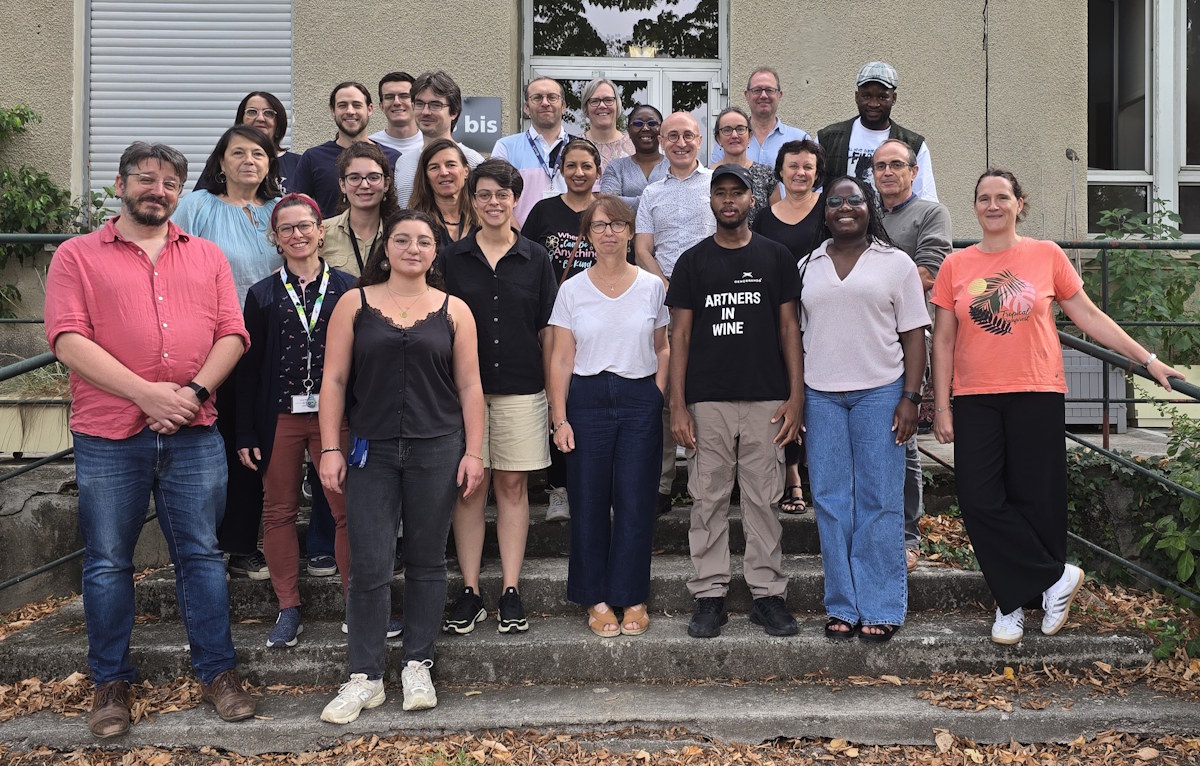
Foto: MICROWISE-deelnemers by die afskopvergadering (8-9 September 2025)
MICROWISE-koördineerders vir verdere navrae: Prof Benoit Divol (divol@sun.ac.za) en Dr Carole Camarasa (carole.camarasa@inrae.fr).


